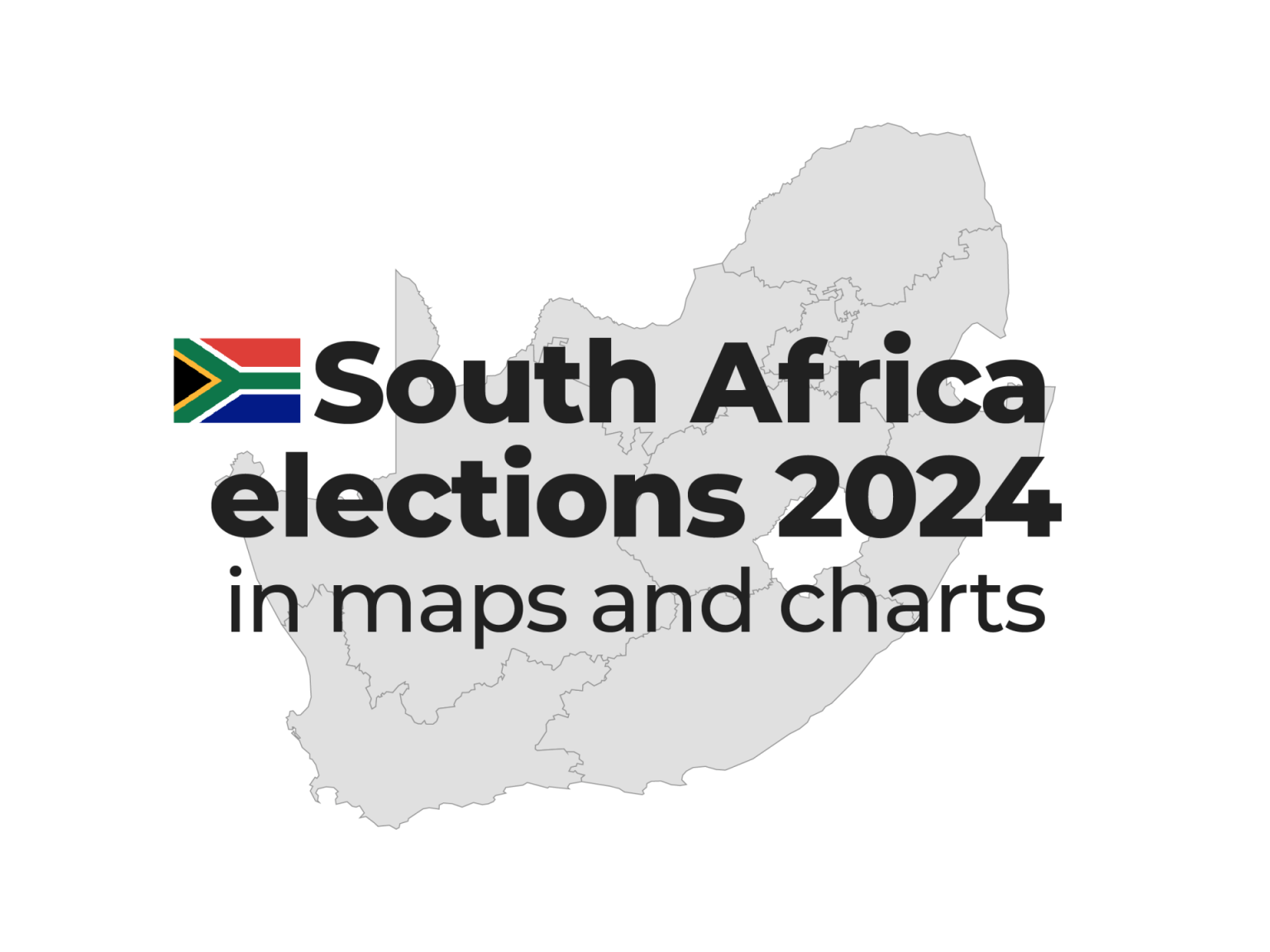South Africans are gearing up for the national and provincial elections on May 29, in which they will elect a new National Assembly and state legislatures. This will mark the country’s seventh democratic general election since the end of apartheid in 1994. The African National Congress (ANC), which has been dominant for 30 years, faces a tough battle in this election as it needs to secure 50 percent of the National Assembly to maintain its parliamentary majority and choose the next president for the next five years.
Polling stations will open from 7am to 9pm on election day, declared a public holiday to allow citizens to vote. The number of registered voters aged 18 and above has increased to 27.79 million, up from 26.74 million in 2019. The Electoral Commission of South Africa (IEC) has made provisions for registered voters living abroad and those with special needs to cast their votes on specific days leading up to the election. This election will see independent candidates competing for the first time, with three ballots given to voters to select parties and candidates for the National Assembly and provincial legislatures.
The current National Assembly includes 14 political parties represented by 400 members, with the ANC holding 230 seats, followed by the Democratic Alliance (DA), the Economic Freedom Fighters (EFF), and the Inkatha Freedom Party (IFP). The president of South Africa is elected by the National Assembly members, with a simple majority of 201 votes needed for selection. If no party receives a majority, coalition negotiations will likely occur to form a government. The ANC has emerged victorious in every election since 1994, with varying percentages of votes in each election.
In the upcoming election, the ANC, DA, MK, and EFF are the key players to watch. Latest opinion polls show the ANC, led by Cyril Ramaphosa, leading with about 43.4 percent support, projected to win in seven provinces but facing challenges in KwaZulu-Natal and the Western Cape. The DA, led by John Steenhuisen, is polling in second place with 18.6 percent support, aiming to continue its governance in the Western Cape. The MK party, headed by Jacob Zuma, is polling third with support expected to gain seats from the ANC. The EFF, under Julius Malema, is in fourth place with support at 11.4 percent, challenging the established parties.
Results of the election are expected to be announced by the IEC on Sunday, June 2, after counting the votes from the three separate ballots. In previous elections, results were announced a few days after polling day, but this year’s additional ballot may prolong the verification process. The ANC’s history of victories may face scrutiny in this election, with polls indicating a potential shift in the country’s political landscape. The outcome of the election will determine the composition of the National Assembly, the next president of South Africa, and the future governance of the country as it transitions into a new era post-apartheid.













